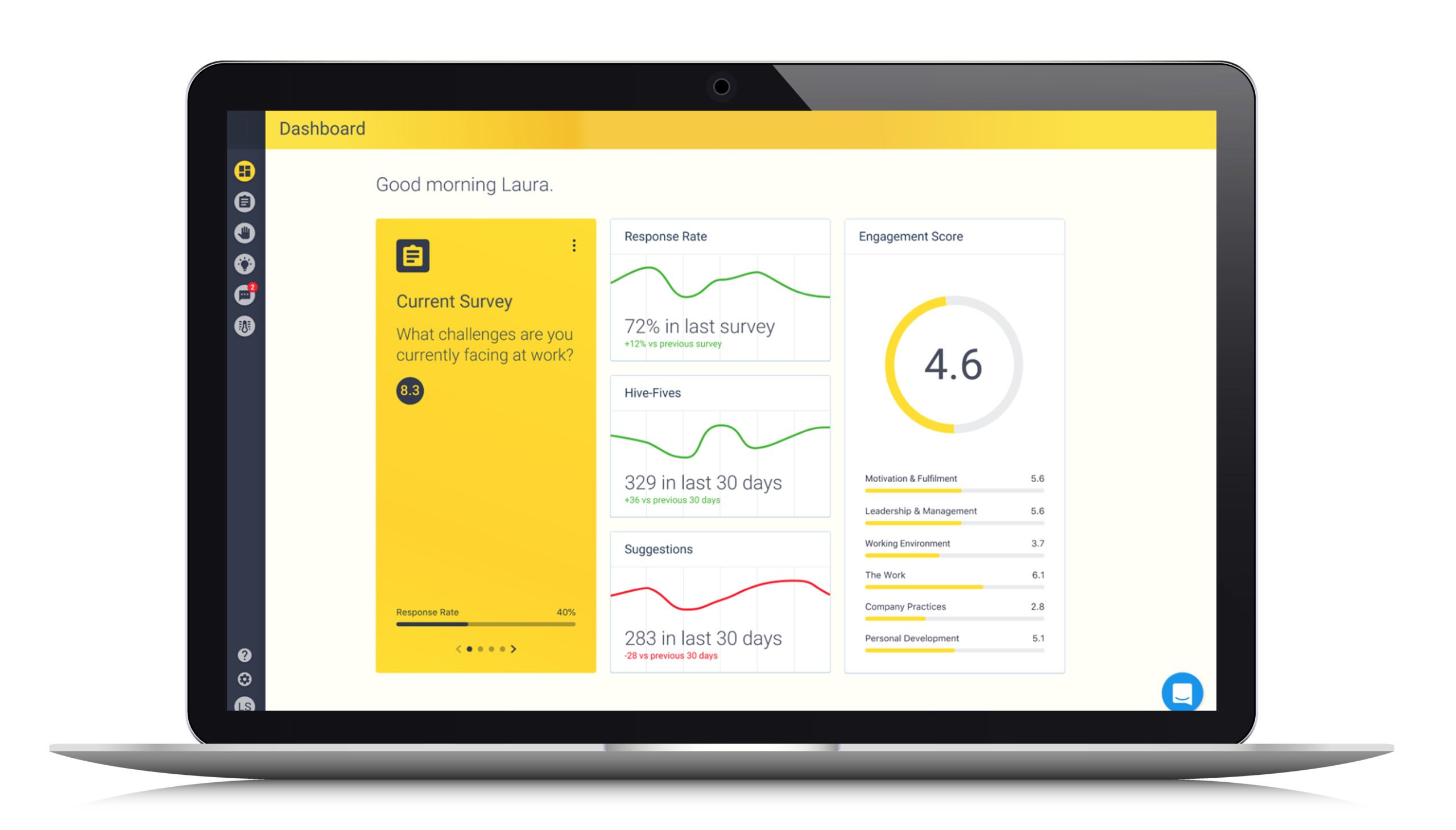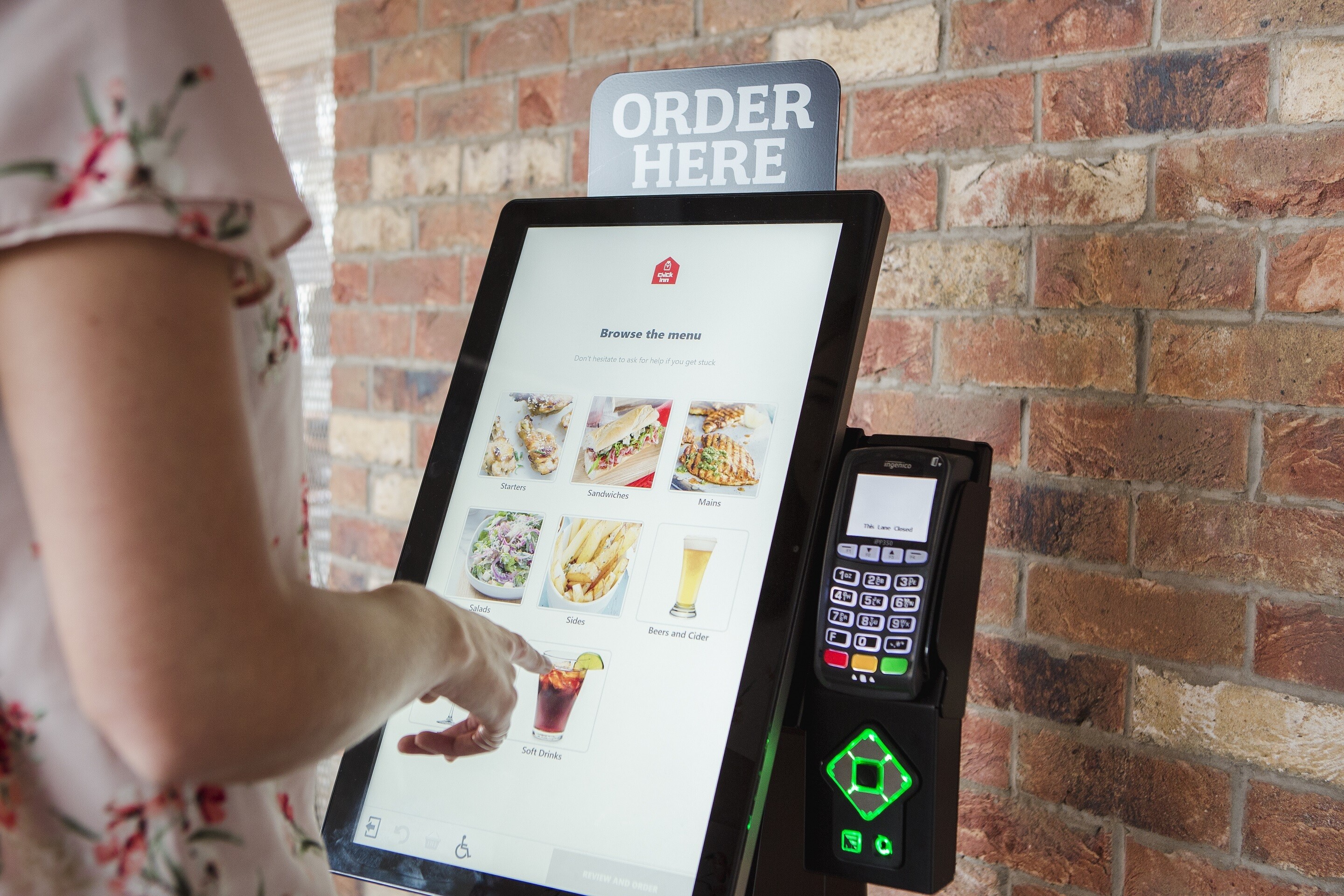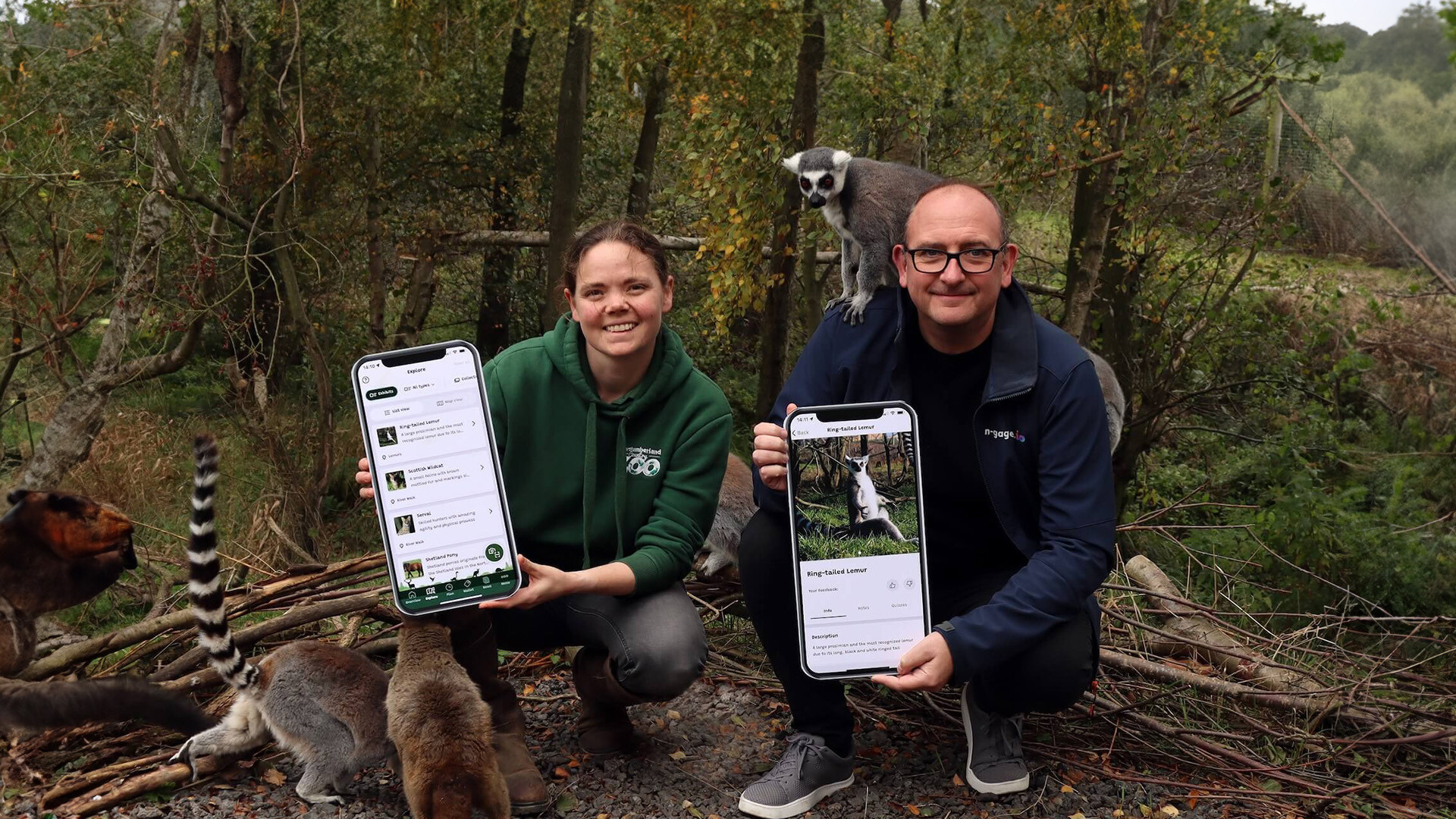HIVE. HR receive further investment to support employee engagement
GCV portfolio company, HIVE. HR is amongst one of the 25 North East companies who have collectively received investment totalling £10m since the lock-down period began.
The North East Fund investment programme which is available to SMEs across Durham, Northumberland and Tyne and Wear has has invested more than £4m into SMEs with £6m of support coming from other investors.
Who is HIVE. HR?
HIVE. HR is a Software as a Service (SaaS) business that helps organisations to improve employee engagement levels, communication and recognition in their workforce on an ongoing basis through a mix of industry leading technology and tailored paid support in the form of coaching, training and facilitation.
The investment has enabled SMEs such as HIVE to successfully navigate the economic downturn and increasing productivity due to a shift in the need for their products and services,
In April 2019, GCV supported the Hive team with a £1.2m Investment Round led by funds managed by Maven Capital Partners.
Since the investment round, the HIVE team has made solid progress in several areas. This has included expanding their headcount to 52 employees, strengthening their product development, software engineering and core teams including customer success, marketing and finance.
In March 2020, GCV supported further investment, in a round led by funds managed by Maven Capital Partners, which saw a further investment of over £1.75 million.
How is HIVE supporting customers?
At the start of the Covid-19 crisis, many of HIVE’s customers (mainly H.R Managers) were firefighting within their own organisations. Mid March was undoubtedly a stressful time for many H.R professionals, with government guidance changing daily, remote working increasing and growing pressure to create and execute business continuity plans with no clear picture on what the coming months would bring.
HIVE was confident that communication within the workforce would be vital once the initial shockwave had surpassed, and they were right. The growing appetite from customers to better enable their workforces to feed back to their employers has been evident.
To support their customers during this challenging time and tap into this new zeitgeist, HIVE has adapted and deployed some key features to their software.
My HIVE: An employee facing extension of the platform that allows employees the ability to raise concerns, ask questions, submit ideas or respond to surveys without being prompted – like an always-open digital door policy.
Suggestion Tracking: HIVE’s suggestions feature was developed further so that HR teams can tag incoming suggestions so that they can be processed even more efficiently.
HIVE CEO and Founder, John Ryder said:
“At first, it became less about surveying and more about providing the means to allow employees to have a voice so that information from the front line could be collected, structured and then used to make informed decisions whilst events unfolded.
“70% of change initiatives fail largely due to employee resistance. We also know that when people are truly invested, any change is 30% more likely to be successful.”
The business is continuing to prove it’s value proposition to customers, having sold the key product and services to the likes of Travelodge, Hermes, JD Williams, ShopDirect / Very, Salvation Army, Yotel, Northumbria Police, Sheffield Hallam University, BrewDog, Financial Services Compensation Scheme, Tarmac and River Island…to name a few.
Looking to the future
John Ryder continued: “Dealing with major change, especially that which is forced upon us, is tough for anyone, and there is no easy route out of this for the region or indeed the country. However, all we can do is remain positive, keep moving forward together, adapt to the needs of our customers and embrace the new working environment”
HIVE’s product team and engineering team use AGILE and scrum methodology to deliver new functionality at pace. It means that whilst they can plan and identify what they are going to be delivering in the next 3, 6 or 12 months; there is also the flexibility to re-prioritise based on business or customer needs and requirements.
In 2020, there are several large projects in the roadmap, including the HIVE smartphone App thats aims provide customer with an alternative method of accessing the platform whilst building further enterprise value into the platform
%20(3)%20(2).jpg)





